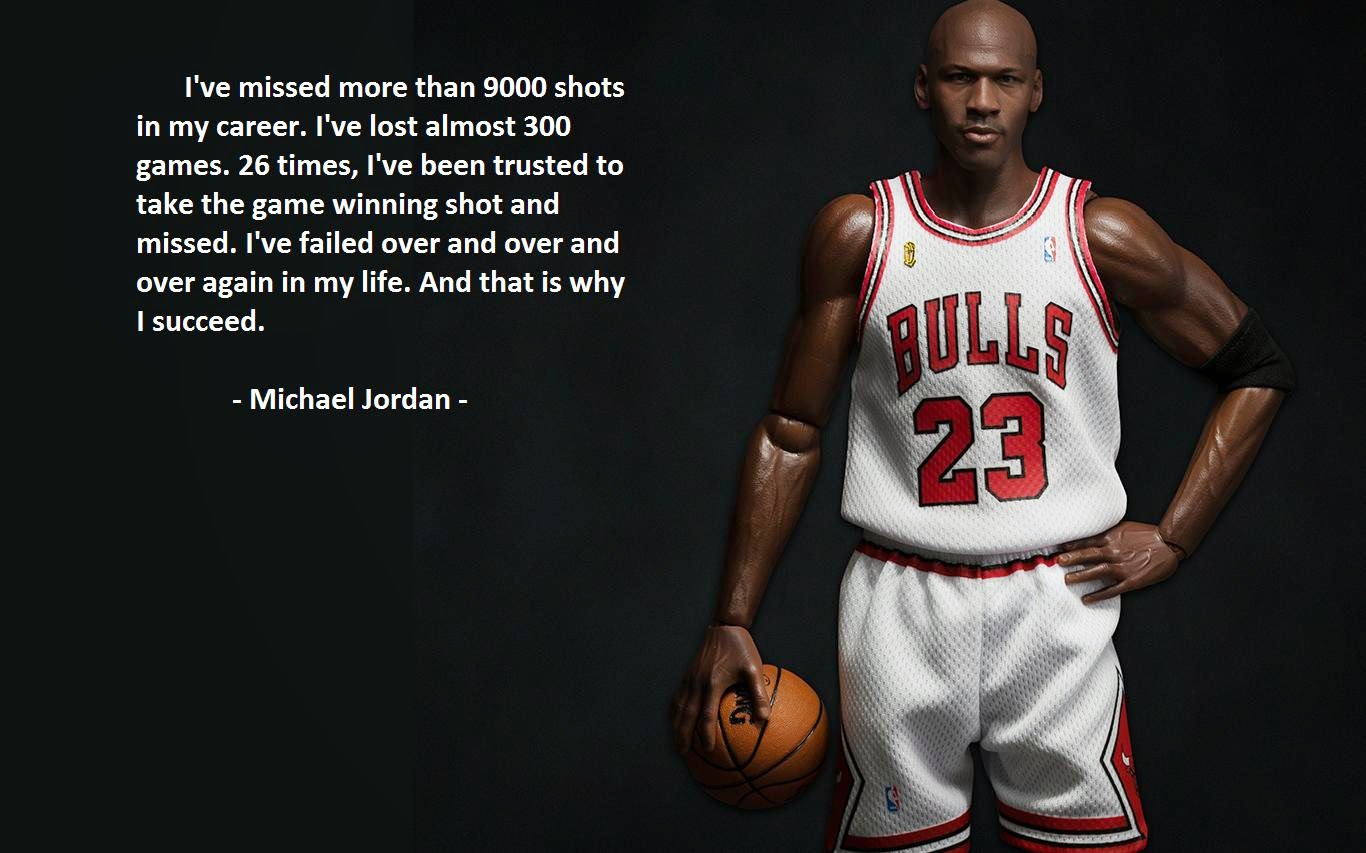
Wiki / Erfolg
Inhaltsverzeichnis: (verbergen)
 Verbene Samira |
 Gelbe Gazanien |
Der deutsche Psychologe Hans-Georg Häusel benennt je drei menschlische Vitalbedürfnisse und ausschlaggebende Handlungsmotive:
| Quelle: ► Hans-Georg Häusel (*1951) deutscher Diplompsychologe, Sachbuchautor, Brain Script. Warum Kunden kaufen, Haufe, 2004 |
| ||||||||||||||||||||||||||||||||||||
| Urheber: ► Dr. Robert Sternberg (*1949) US-amerikanischer Professor für Psychologie, Yale University, Tufts University bei Boston, Entwickler einer triarchischen Theorie der Intelligenz, Weisheitsforscher |
| Siehe auch: ► Weisheitsforschung – Ausgleich der Extreme und ► Vier Seinsebenen – Hartmann • Gebser • Heim ► Intuition und ► Gesetz 3:1 |
Zwei unterschiedlich begabte Jungen sind gemeinsam unterwegs im Wald.
Auf einmal taucht vor den Augen der beiden ein hungriger Bär auf. Rasch hat der Intelligente ausgerechnet, wieviel Zeit ihnen noch bleibt, bis der Braunbär sie eingeholt hat. Er wundert sich darüber, dass sich der andere Junge in aller Ruhe seine Schuhe schnürt.
Auf den Zuruf des keuchenden Superschlauen, sie könnten nie-
mals schneller als der Bär laufen, antwortet der Bauernschlaue:
Sternbergs Kommentar dazu: Beide Jungen sind auf ganz unterschiedliche Weise klug.
Hinweis: Das Prekäre an dem Beispiel ist, dass die Lösung auf Kosten des Lebens des Anderen erfolgt.
| Quelle: ► Dr. Robert Sternberg (*1949) US-amerikanischer Professor für Psychologie, Yale University, Tufts University bei Boston, Entwickler einer triarchischen Theorie der Intelligenz, Weisheitsforscher, Successful Intelligence, S. 127, Plume, 1. Oktober 1997 |
| Referenz: de.Wikipedia-Eintrag ► Theorie der multiplen Intelligenzen |
| Siehe auch: ► Vier Arten der Intelligenz – Robert Sternberg und ► Theorie der multiplen Intelligenzen – Howard Gardner |
| See also: ► Exemplary story on the theory of multiple intelligences – Robert Sternberg |
Anhand seiner empirischen Forschungsarbeit stellte Robert Sternberg (*1949) folgende zwanzig Kriterien und Charaktereigenschaften zusammen – in Form von Selbstaufforderungen:
|
Jerry Sinnamon, Leiter des Hospitals in Connecticut [USA], der mit der Herausforderung konfrontiert war, seine nicht eben erfolgreiche Institution zu verändern, beschreibt, wie infolge einer Reihe von dialogbasierten Workshops mit dem Kranken-
hauspersonal nach und nach eine neue kollektive Vision für und in dem Krankenhaus entstand – trotz der Tatsache, dass sich jeder Workshop aus einer gänzlich anderen Gruppe von Menschen zusammensetzte. Sinnamon beschreibt:
Ungeachtet der involvierten Einzelpersonen (es waren insgesamt 1000, die an diesem zweijährigen Kurs teilnahmen)
schien jede nachfolgende Gruppe dort weiterzumachen, wo die vorhergehende aufgehört hatte, und die Untersuchung voranzutreiben.
Sinnamon erinnert sich:
| Quelle: ► Gelöschter Artikel Come Together. Können wir zu einer Tiefe an Weisheit vordringen, die weit über das für den Einzelnen Erreichbare hinausgeht?, präsentiert von dem deutschen Magazin "Was ist Erleuchtung? (WIE)", Craig Hamilton, US-amerikanischer Pionier in emergierender evolutionärer Spiritualität, Chefredakteur des aufgelösten Magazins WIE / EnlightenmentNext (1998-12/2006), Heft 13, Sommer 2004 |
|
Was ist Erfolg? |
| Quelle: ► Elisabeth-Anne "Bessie" Anderson Stanley (1879-1952) US-amerikanische Schriftstellerin, Gedicht Was ist Erfolg?, 1904 Siegertitel eines Wettbewerbs von "Brownbook Magazine", George Livingston Richards Company, Boston, Massachusetts, fälschlich Ralph Waldo Emerson oder auch Robert Louis Stevenson zugeschrieben |
| Quelle: ► Linkedin-Artikel Drei Schlüssel zum Erfolg nach ⚡ Bill Gates (*1955) US-amerikanischer Milliardär, Mitgründer und -besitzer des Computer-Unternehmens Microsoft, "Philantrop", präsentiert via Linkedin, 23. August 2016 |
Empfehlungen
Schlussfolgerungen
Einsichten
|
Personal avowals
Recommendation
Conclusions
A grandiose, narcissistic, extraordinarily self-centered quote
Insights

Futurism and the difference between futuring and visioning
During ten years Richard St. John did over 500 face-to-face interviews with worldfamous successful people [as ⚡ Bill Gates, Martha Stewart, Richard Branson, the Google founders, Rupert Murdoch].

|
Literary quotes
| |||||||||||||||||||||
| Source: ► Video lecture by Watts Wacker (1953-2017) US American futurist, political commentator, social critic, speaker, author, annual meeting Sodexho On futurism · Difference between futuring and visioning, Paris, France, 2006, 53:33 minutes duration, 6. June 2006 |
| See also: ► Play and ► Interest and ► Attention |
| Source: ► Video lecture by Watts Wacker (1953-2017) US American futurist, political commentator, social critic, speaker, author at the annual meeting Sodexho On futurism · Difference between futuring and visioning, Paris, France, 2006, 53:33 minutes duration, 6. June 2006 |
Two boys are walking in a forest. They are quite different.
The first boy's teachers think he is smart, his parents think he is smart, and as a result, he thinks he is smart. He has good test scores, good grades, and other good paper credentials that will get him far in his scholastic life.

Few people consider the second boy smart. His test scores are nothing great, his grades aren't so good, and his other paper credentials are, in general, marginal. At best, people call him shrewd or street smart.
As the two boys walk along in the forest, they encounter a problem – a
huge, furious, hungry-looking grizzly bear, charging strait at them.
The first boy, calculating that the grizzly bear will overtake them in 17.3 seconds, panics. In this state, he looks at the second boy, who is calmly taking off his hiking boots and putting on his jogging shoes.
The first boy says to the second boy,
The second boy replies,
Both boys in that story are smart – in different ways.
Note: What is precarious with this example is that the solution happens on the cost of the life of the other character.
| Source: ► Robert Sternberg, Ph.D. (*1949) US American professor of psychology, Yale University, Tufts University, developer of the Triarchic theory of intelligence, psychometrician, wisdom researcher, Successful Intelligence, S. 127, Plume, 1. October 1997 |
| Reference: en.Wikipedia entry ► Theory of multiple intelligences |
| See also: ► Theory of multiple intelligences – Howard Gardner |
| Siehe auch: ► Anschauliche Geschichte zur Intelligenzthese – Robert Sternberg |
|
The road to success is not straight.
There is a curve called Failure,
But,
Author unknown |
| See also: ► Poems |
|
| Source: ► Elisabeth-Anne "Bessie" Anderson Stanley (1879-1952) US American writer, poem "Success", 1904, winner of a contest by the "Brownbook Magazine", George Livingston Richards Company, Boston, Massachusetts Misattributed to Ralph Waldo Emerson or Robert Louis Stevenson |
| See also: ► Poems |
Links zum Thema Erfolg / SuccessLiteraturMotivations- und Erfolgsklassiker (Positives Denken)
Literature (engl.)
Referring to a amous study on the effect of praise on a child's development: It is more beneficial to praise kids on effort rather than intelligence.
1. Dream big. (like Walt Disney)
Externe Weblinks
External web links (engl.)
Audio- und VideolinksAudio and video links (engl.)
The eight secrets are: 1) Passion 2) Work 3) Be Good 4) Focus 5) Push forward 6) Serve others 7) Ideas 8) Persist (when criticised)
Success items: 1) Obsess over customers, 2) Invent, 3) Think long-term, 4) It's always day 1
Knowlege (what); skill (how); motivation (direction) = habit forming
|
Englisch Wiki
Hawkins